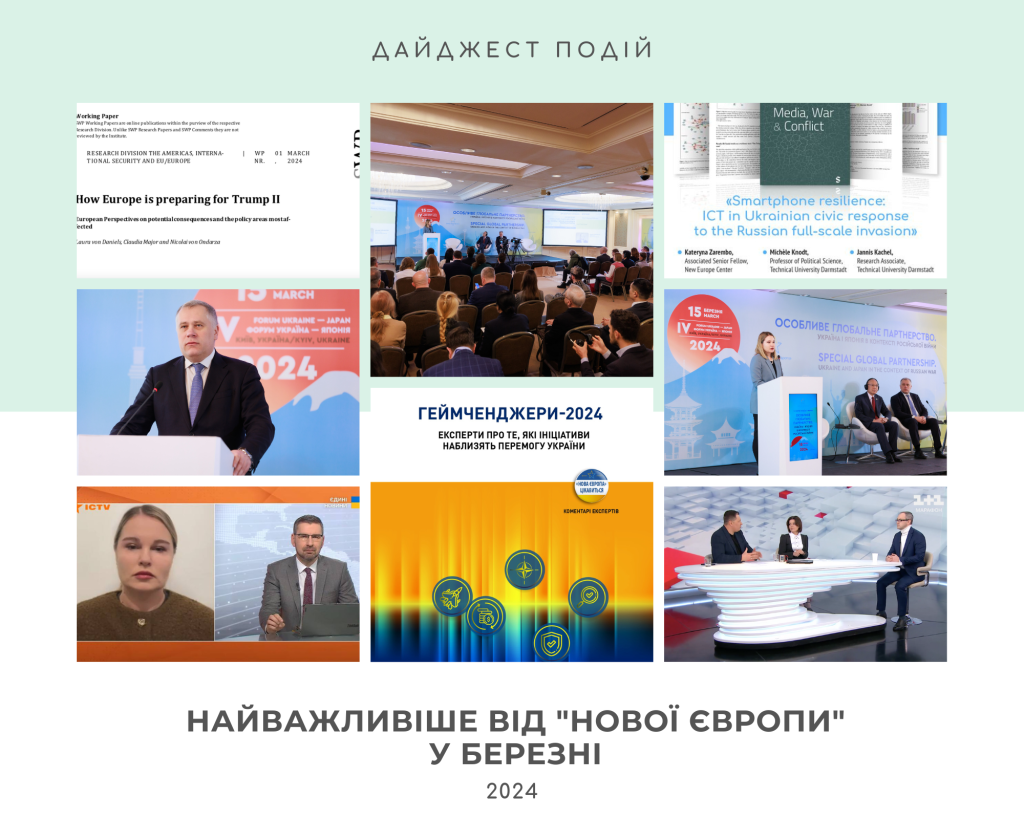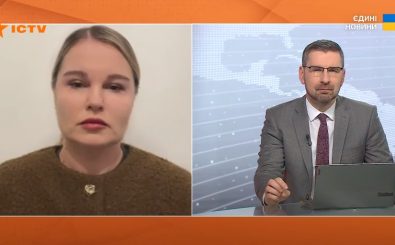Comment by Kateryna Zarembo for RadioFreeEurope / RadioLiberty
KYIV — His party is called Servant Of The People, but a historic parliamentary election win could hand Ukrainian President Volodymyr Zelenskiy a far more domineering role – and raise questions about how the comic actor will choose to play it.
Partial results from the July 21 snap election, which Zelenskiy scheduled shortly after taking office two months earlier following a commanding victory in the presidential runoff, showed Servant Of The People on course to win the first-ever single-party majority in the Verkhovna Rada since Ukraine gained independence in 1991.
The party, named after the television comedy series that made Zelenskiy famous, appeared likely to win at least 251 of the 424 seats in the single-chamber parliament — a substantial majority.
“His power will be much stronger than [that of any Ukrainian president] ever before,” said Balazs Jarabik, a visiting scholar at the Carnegie Endowment for International Peace. Formally governed by a presidential-parliamentary system, Ukraine will now operate as a “de facto presidential republic,” he added.
The norm for years in neighboring Russia, for example, a single-party majority marks a substantial change in Ukraine, where presidents and policy initiatives have often been hobbled over the years amid political battles and rancor in the legislature.
‘Streamlining The Legislative Process’
Anders Aslund, a Swedish economist and a Senior Fellow at the Washington-based Atlantic Council, contended that Viktor Yanukovych, the Russia-friendly president who was pushed from power in 2014 by the pro-Western, anti-corruption Euromaidan protests, “had much more power.”
While it was in the form of a coalition rather than a single party, Yanukovych “had a big majority in the [parliament], though not a two-thirds majority, so his situation was similar to Zelenskiy,” he said. However, he added, “Yanukovych also controlled law enforcement and the court system,” citing a Constitutional Court decision to abolish the 2004 Constitution in 2010.
While some may argue over which Ukrainian president held more power, the bottom line is that Zelenskiy will wield enough “to be able to pass legislation through the parliament quicker and more efficiently, streamlining the legislative process,” said Alex Kokcharov, a principal research analyst on Ukraine at the London-based risk-assessment-firm IHS Markit.
He and other analysts said that could potentially bode well for the country of 44 million should Zelenskiy choose to stick to its current democratic path by using his clout to tackle rampant corruption, push through crucial reforms demanded by Western governments and global organizations, and seek a solution to the more than five-year war against Russia-backed forces that has killed some 13,000 people — while addressing other important issues as well.
Broad Priorities
Aslund listed some of the tasks he thinks Zelenskiy should get to work on immediately.
“He needs to do something about the economy: Clean up the customs, speed up privatization of small state assets, start pilot sales of agricultural land. Law enforcement and [the] economy are the two broad priorities,” Aslund said.
Another key move, Aslund said, would be removing controversial Prosecutor-General Yuriy Lutsenko, who critics say has been an obstacle to justice and accountability for the rich and powerful.
But up first for Zelenskiy will be forming his government.
With his newfound majority in the legislature, Kokcharov said, the president and his party won’t need to rely on a coalition and will be able to “fast-track cabinet formation, including the appointment of a prime minister and key ministers.”
On election day, before it was clear he would win a majority, Zelenskiy said he wanted the parliament to choose a “professional economist” to head the government.
“I would very much like this to be an absolutely independent person who has never been a prime minister, a speaker, or a leader of any [parliamentary] faction,” Zelenskiy said.
Prime minister aside, “Zelensky’s big shortfall is that he does not have suitable officials” to fill all other cabinet positions, Aslund said.
More Than He Bargained For?
Kateryna Zarembo, an analyst at the Kyiv-based New Europe Center, said that winning a first-ever parliament majority seemed to come as a surprise to an inexperienced Zelenskiy camp. While widely expected to clean up in the party-list voting, Servant Of The People did better than had been predicted in the votes in 199 single-mandate district across the country.
Indeed, Zelenskiy himself seemed to think it wouldn’t happen: As the first results were coming in, he made a verbal offer to rock star Svyatoslav Vakarchuk’s party, Holos (Voice), to start talks about forming a coalition.
“Now [Servant Of The People] will have to fill even more positions in government than they thought,” Zarembo said.
One concern, she said, is that this could mean bringing in figures from the very political establishment that he campaigned against – potentially including those linked to tycoon Ihor Kolomoyskiy, whose ties to Zelenskiy have been under scrutiny. Such developments could undermine Zelenskiy’s claim of involving only “new faces” in his party, and possibly herald a continuation of business-as-usual politics.
And with Zelenskiy’s party holding a majority in parliament, it would be hard for anyone to stop that from happening.
“In the absence of a coalition, there is a risk of lack of checks and balances, potentially undermining the Ukrainian institutions in the longer run,” Kokcharov said.








